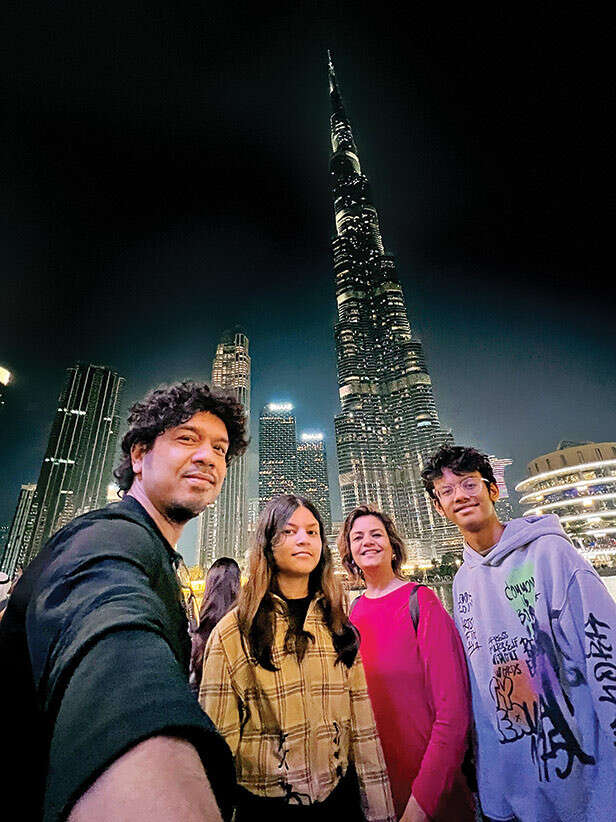
with the khol, tabla, guitar and harmonium, Papon asserts that music has no barriers, no boundaries. In recent times, nothing can surpass the sensuality of his number Moh moh ke dhaage for Dum Laga Ke Haisha. Enjoying cross audience popularity, the song is the romantic’s getaway. “Attitude, of course in a positive manner, is important. You should add your own vibe to the song,” says Papon as he completes two decades in the music business. “I have many sides to myself. I cry, I laugh. At times, I believe I’m the best. At times, I fear I’m the last in the line, while everyone is ahead of me. I am shy. I am a rockstar… I am many in one,” says the singer-songwriter, producer and composer whose repertoire boasts of the ‘sounds of life’ – from the stillness of the valleys to the din of the streets, from the hum of sunrise to the hush of sunset…
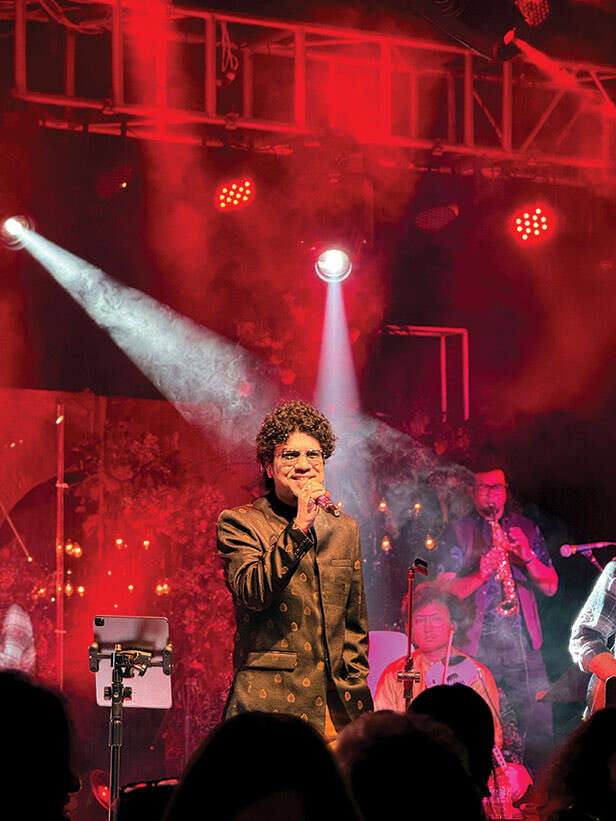
Family first
Salad days
Bollywood and more
Spiritual vibes
Ghazal goals
Moving ahead
Family first
For Angaraag Mahanta it was a childhood reverberating with music in rustic Assam. He witnessed the brilliance of his late parents and acclaimed Assamese singers Khagen Mahanta and Archana Mahanta. “I was born into a household, which thrived on folk and contemporary Assamese music. My father was known as the Bihu King of Assam. My mother was trained in Hindustani classical,” says singer who is popularly known by his pet name Papon. His original name Angaraag has a subtle lilt. “Actually, ‘Angaraag’ refers to the process of shringar. My poet uncle Keshav Mahanta named me. But my pet name Papon became my identity,” smiles the whiz. A global sensation, Papon’s cocoon is his family. “My wife Shweta and I have been together for many years. So I guess we must be soulmates. We met when I was a nobody. She connected to me as a person. It was not about money or who I was. That’s what real bonds are,” he reflects. His daughter named Parijat and son Puhor form the core of his life. “I’m extremely attached to Puhor and Parijat, I love spending time with them. Soon they will have a life of their own. So, I want to make the most of it now. I show them the world as I see it and also understand their point of view. It’s a two-way process of learning and celebrating moments with each other,” says he.
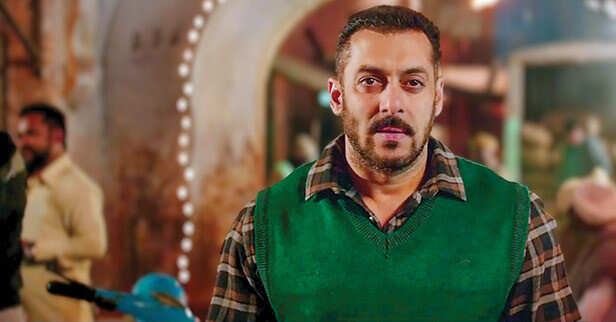
Salad days
Initially, Papon went to Delhi to study architecture but later switched to English Literature. Music being intrinsic to him, he began jamming with musicians there. He kick-started his musical career with the album Junaki Raati (2004). He launched The East India Company (2007), an electric folk-fusion band as the lead vocalist. “Gulzar saab remarked, ‘Papon suits you. There’s a sound to the name. It’s sweet and short and yet has a powerful ring,” smiles the singer who recently collaborated for a single titled Kahani Koyi with the veteran lyricist. The singer shot to fame courtesy Coke Studio’s Indian edition in 2011, where he sang Pak Pak, a medley of Bihu songs. Also significant was The Dewarists, a music documentary cum travelogue series. Here, he collaborated with musician Karsh Kale and The Libertines band to create The Minstrel’s Tale, a wistful mix of Celtic melodies and verses in English, Assamese and Hindi. Shortly, he launched his debut Hindi album, The Story So Far, a compilation of reggae, pop, jazz and rock.
See Also: Times Music, DCA Music and Nakash Aziz join forces for a partnership
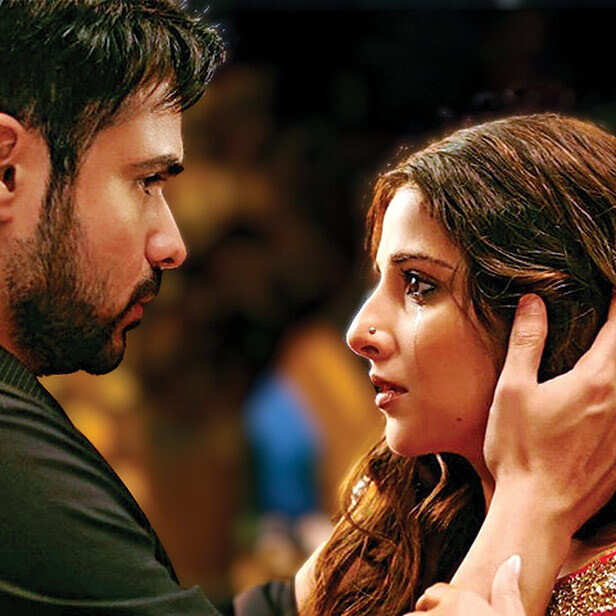
Bollywood and more
Papon made his debut in Bollywood with the song Om mantra from the film Strings – Bound By Faith (2006). He was working with the popular band Midival Punditz when he was offered a song by Pritam, the soulful Jiyein kyun jiyein in Dum Maro Dum (2011). Later, Kyon in Barfi, the poem Lakeerein by Gulzar for the film Kya Dilli Kya Lahore (2014), Sun ri bavli for Nagesh Kukunoor’s Lakshmi (2014), Humnava from Hamari Adhuri Kahani (2015) won him mainstream popularity. What’s unmistakable is his choice of lyrics. “I have said ‘no’ more often than yes to songs. That carved a path for me. The Universe blessed me. Good songs came my way. When a song is not up to the mark, I don’t sing it. Maybe that’s why my repertoire reflects quality rather than quantity,” he smiles. “Out of these Kaun mera (Special 26) is extra special because my father composed it.”
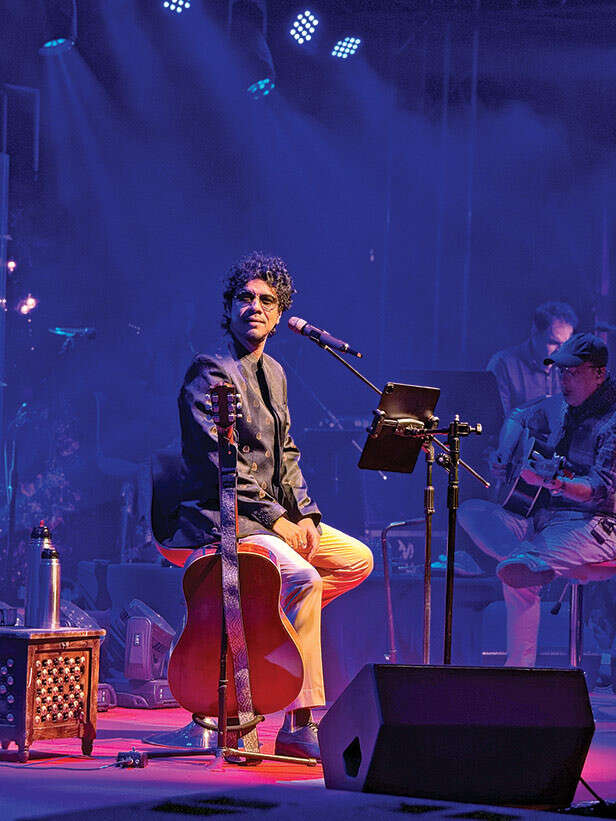
Spiritual vibes
Some of his numbers betray a spiritual slant including Maula Sun Le Re from Madras Café and Bulleya in Sultan (2016). “I find spirituality in everything… even washing a car is spiritual. Anything that you do with love is spiritual. Everything in the Universe has a role to play. You should respect anything or anyone you are with. That’s spirituality. My music comes from there.” He continues, “Today I met three different people at the airport. Interestingly, all three told me your voice is so soulful.” However, nothing can equal the mesmerising Moh moh ke dhaage from Dum Laga Ke Haisha (2015), which has reached cult proportions. “Composed in raag yaman, its core is Indian. It has an old-world flavour. Composer Anu Malik, lyricist Varun Grover and I jammed together at Yash Raj studio for the track. Today not many songs are composed and created together.” Women have specially loved this song, Papon’s fan base seeing a massive jump. “Women are more expressive when it comes to emotional or romantic songs. It’s heartwarming to see audiences visibly moved, swaying to the song, their eyes closed.”
Ghazal goals
An admirer of Urdu poetry, he sees the ghazal genre as a blend of emotion, poetry and musicality. His recent renditions of ghazals including those sung by maestros Mehdi Hassan, Farida Khanum and Jagjit Singh enjoy huge replays on social media courtesy the contemporary twist.
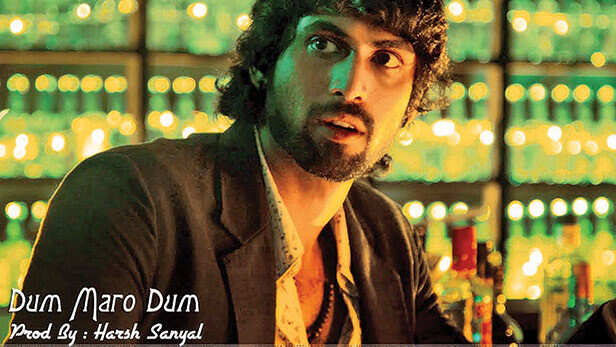
“I took my time to sing ghazals. I wanted to understand the language first. I wanted to be mature enough to dive into ghazals,” He points out. “I’ve received love from everywhere, from India to Pakistan. So, I must be doing it right. A ghazal isn’t just about classical music, it’s also about the adakari (the presentation). A ghazal is about sentiments. Unless I don’t feel it I can’t sing it. Like more than the craft, it’s the heart,” he explains, adding that he’s working on two ghazal albums right now.
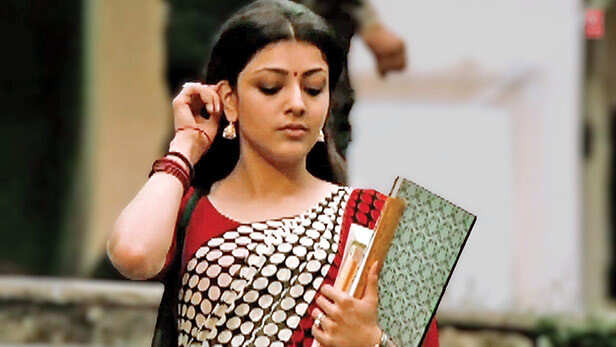
Moving ahead
Recently, Papon released what he calls his DIY album with a quirky title, Room Khali Hai. It’s written by friend Manoj Chaudhry, who lives in the mountains of Uttarakhand.

“He’s not a lyricist but rather a nature lover, The lines go Kashti mein baitha hoon, nadi ka intezar hai. So it’s like I am sitting on the boat and waiting for the river to come. I am waiting for life to happen. I am ready to receive it” he says. Looking back at two decades of giving and receiving he continues, “I’ve done folk fusion, contemporary folk… my own Indie stuff in Hindi and Bengali. And then of course Bollywood.
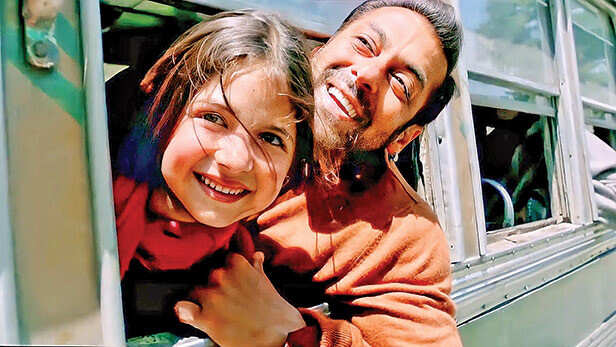
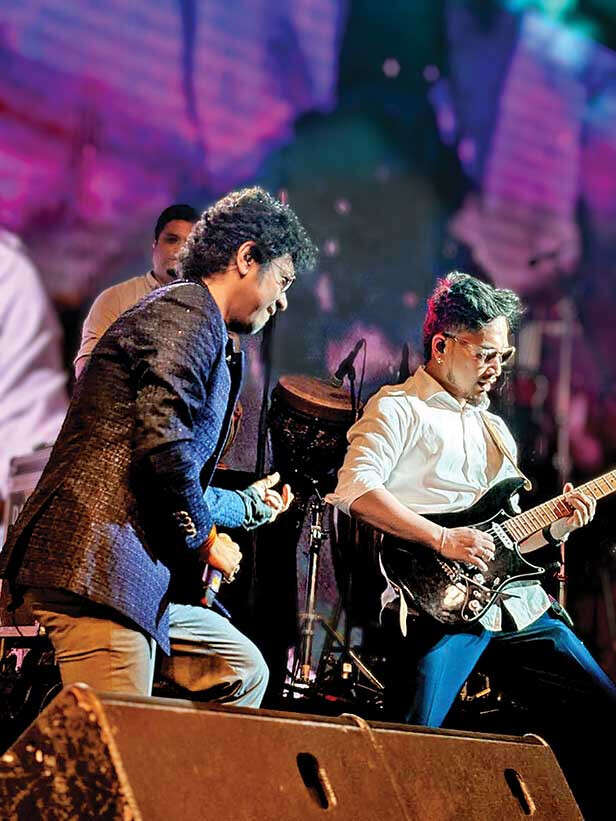
For one artiste to do so many different genres is humbling.” He adds, “Music is my identity, not business. I take pride in that identity. I cannot sing anything and everything.” Papon believes in welcoming the future. “I don’t remember my past achievements. Everything that is done is gone. I look forward to what will come. Small moments make a minute, minutes make hours, hours make days, days make years and years a lifetime.
I believe you shouldn’t measure life, value the moments instead.”
That’s a momentous thought.
Also Read: Best Musical To Movie Adaptations In Hollywood: Les Misérables, Mamma Mia! and More
